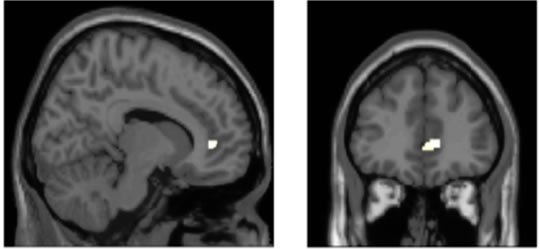Multitasking may affect crucial areas of the brain’s emotional and cognitive centres.
Using laptops, phones and other media devices at the same time could be shrinking important structures in our brains, a new study may indicate.
For the first time, neuroscientists have found that people who use multiple devices simultaneously have lower gray-matter density in an area of the brain associated with cognitive and emotional control (Loh & Kanai, 2014).
Multitasking might include listening to music while playing a video game or watching TV while making a phone call or even reading the newspaper with the TV on.
Kep Kee Loh, the study’s lead author, said:
“Media multitasking is becoming more prevalent in our lives today and there is increasing concern about its impacts on our cognition and social-emotional well-being.
Our study was the first to reveal links between media multitasking and brain structure.”
The study used scans of people’s brains along with a questionnaire about their use of media devices, newspapers and television.
People who multitasked more across different media had lower gray-matter density in the anterior cingulate cortex (ACC: indicated by white dots in the image above).
This part of the brain, which lies towards the front, is mostly involved in aspects of cognitive and emotional control: things like empathy, decision-making and how we process rewards.
The study fits in with previous research suggesting that media multitasking is associated with emotional problems, like anxiety and depression, as well as cognitive problems, like poor attention.
The researchers found that this association had nothing to do with personality.
Both the study’s authors were quick to point out that this is a preliminary study which only finds a connection; it does not tell us what is causing what.
For example, it could be that those with a smaller ACC are more prone to media multitasking, not that multitasking is causing these changes in the brain.
However, Loh said:
“The exact mechanisms of these changes are still unclear.
Although it is conceivable that individuals with small ACC are more susceptible to multitasking situations due to weaker ability in cognitive control or socio-emotional regulation, it is equally plausible that higher levels of exposure to multitasking situations leads to structural changes in the ACC.”
We will have to wait for a future study which follows people over time.
This can examine how multitasking and brain structures change, and can give us another clue to this intriguing puzzle.
Image credit: Loh & Kanai (2014)

